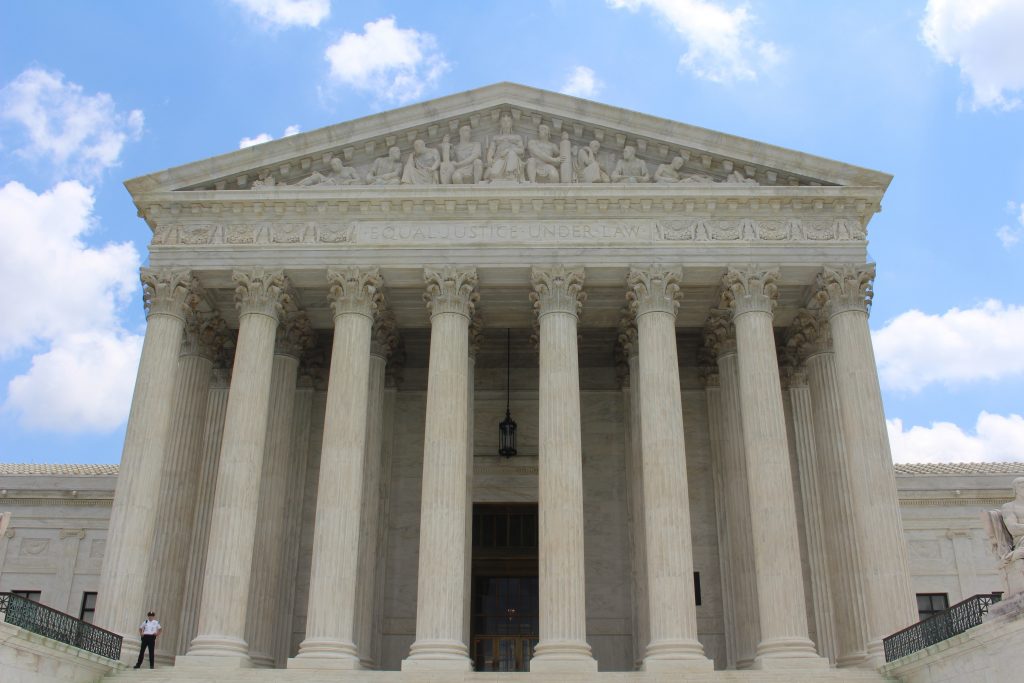
Small claims court is a platform that individuals and businesses can use to resolve small monetary disputes. But how small are those disputes? What types of cases can be resolved in small claims court?
Depending on your state, small claims court lawsuits are limited to amounts between $3,000 and $10,000. But many types of claims are not allowed in small claims courts, even if the claims land within the aforementioned dollar limit.
Common Claims Allowed in Small Claims Court
Claims that are most commonly made in small claims court involve failure to pay money or perform a service, such as failure to:
- Repay a loan
- Return a security deposit
- Fix an appliance or car properly
- Meet the terms of a service contract
Some states may also have a rule on other types of legal disputes. These include evictions or restitution (requests for the return of an item of property). When disputes involve money, you can typically file in small claims court.
Claims Not Allowed in Small Claims Court
Regardless of where you live or plan to file, you cannot file the following in small claims court:
- Name changes
- Divorce
- Guardianship
- Bankruptcy
- Emergency relief requests such as injunction
In some states, you also cannot file lawsuits in small claims based on slander, false arrest or libel.
Lawsuits against federal agencies, the federal government, or federal employees regarding actions related to his employment are also not allowed within small claims court. These suits typically need to be filed in a federal court, such as the Court of Claims or the Tax Court.
